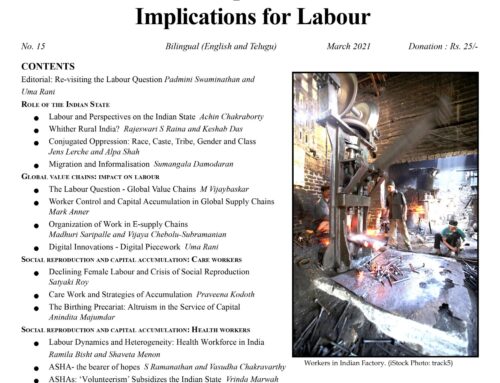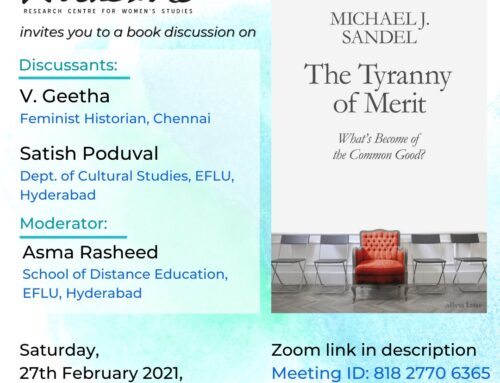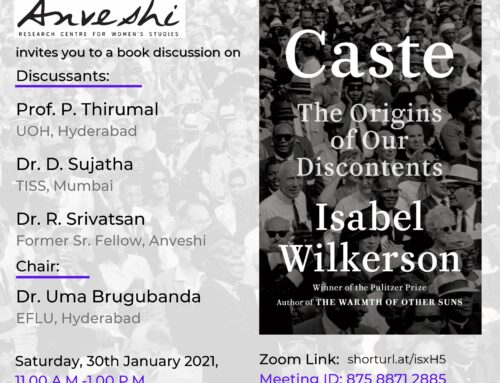Queer Up! is a public outreach program by Anveshi focused on gender and sexuality. Initially, Queer Up! was a weekly program that lasted for eight weeks starting from July 18, 2018 and featuring prominent speakers such as Chayanika Shah, Ponni Arasu and Grace Banu.
The sessions covered a variety of subjects such as the ‘History of the Feminist and Queer Movements in India’, ‘Intersectionality within the Queer Community’ and ‘Self-Care in the Queer Communities’. It later evolved into a monthly session that examined and discussed a broad range of issues from Science to caste to civil rights movements under a queer feminist lens. The Instagram of Queerup can be accessed here.
Queer Up! 2020
Queer Up! restarted on 1st August, six months into the Covid 19 related lockdown with a much needed discussion on ‘How to Train your Parents”. Aditya Raja and Tashi Choedup adroitly steered this and the following three part series on ‘Romance, marriage and family’.
The speakers spoke from their personal/political experience and intellectual engagement, bringing into discussion: thoughtful ways of dealing with impossible personal situations, possible modes of living and loving without perpetrating harmful ways of relating with each other and much much more.
Marriage, the much reviled institution, came into view as a grey arena where pro and anti positions dissolve given the complexity (class, caste, religion, geography among others) the real world conditions in which queer people find themselves in.
Romance, on the other hand, offers no ready made panacea either, given the normative weight of monogamy and heterosexuality that delegitimize non-romantic and non-exclusive relationships predominant in the queer communiry. Queering the world as well as queering oneself require extremely difficult conversations with oneself and with the significant others about body, gender, norms, likes and politics.
Most heart warming was the session on the family in which the queer mothers and children participated with their journeys towards forming non-biological families. Mundane preoccupations of the mothers with the children’s bodily upkeep and cleanliness surprisingly provide a sense of comfort here too, once the chosen role and gender has been accepted. The extremely difficult, hazardous and complex journeys of transgender mothers and their families put into question each and every notion related to ‘family’ one has learnt. You can listen to this session (recorded after taking everyone’s consent) here.





Leave A Comment